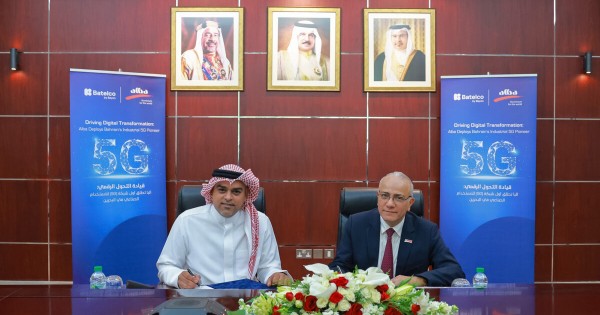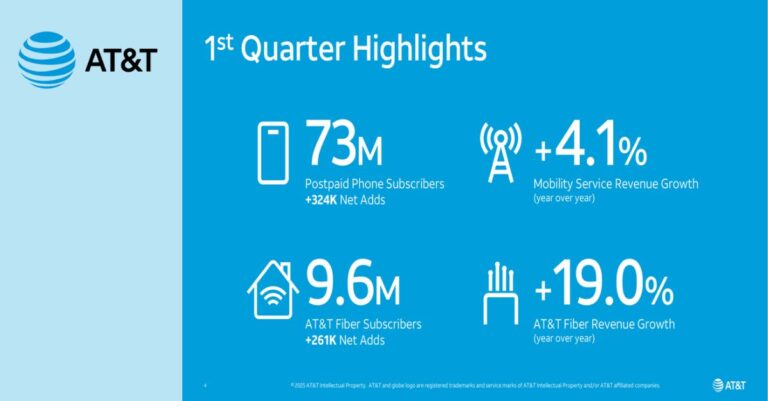The Indian government believes that locally designed and developed 5G gear, including core and radio network components, could be commercially available by March 2023.
“The processes will take an extra three to four months. So, I potentially feel that by March next year, it (C-DoT) will be in a position to actually commercialise both radio and core equipment,” K Rajaraman, secretary at the Department of Telecommunications (DoT), told local newspaper The Economic Times. “The launch (5G core) has happened. We are working with some companies to actually get the radios ready, because that’s where full stack comes in as it has to include radio and other components,” Rajaraman added.
Last month, the Center for Development of Telematics (C-DoT), a state-run telecom research and development firm, unveiled a locally-produced Nonstandalone (NSA) 5G core and, together with radio access network partners—Reliance Industries-owned Radisys India, VVDN Technologies and WiSig Networks—demonstrated a 5G call on the indigenous network to Prime Minister Narendra Modi.
C-DoT, as part of a local consortium led by Tata Consultancy Services (TCS), is deploying the 5G NSA core equipment in state-owned telco Bharat Sanchar Nigam’s (BSNL) proof-of-concept (PoC) network in Chandigarh. BSNL aims to launch 5G next year.
Indian operators are initially relying on equipment provided by vendors such as Ericsson, Nokia, and Samsung as Chinese vendors Huawei and ZTE had been barred from participating in India’s 5G rollout.
Last month, Airtel announced the launch of 5G services in Delhi, Mumbai, Chennai, Bengaluru, Hyderabad, Siliguri, Nagpur, and Varanasi.
Bharti Airtel is chiefly using equipment from Ericsson, Nokia, and Samsung to provide 5G services. The Indian operator secured a total of 19,800 megahertz of spectrum in the 900 MHz, 1.8 GHz, 2.1 GHz, 3.3 GHz, and 26 GHz bands in a recent auction carried out by the Indian government.
Last week, Bharti Airtel announced that it has already reached 1 million unique 5G subscribers in less than 30 days since it commercially launched this technology in certain areas of the country.
Rival telco Reliance Jio Infocomm had also recently launched the beta trial of its 5G services in Mumbai, Delhi, Kolkata, and Varanasi. The carrier confirmed that its 5G service would be offered through 5G Standalone architecture and through a mix of wireless spectrum across the 700 MHz, 3.5 GHz, and 26 GHz bands.
While Reliance Jio has announced plans to reach nationwide coverage with 5G by December next year, Bharti Airtel aims to offer full 5G coverage across India by March 2024.
Meanwhile, Vodafone Idea is currently in talks with several vendors for the supply of 5G gear. The telco is also seeking to obtain financial resources for the launch of its 5G network.




























